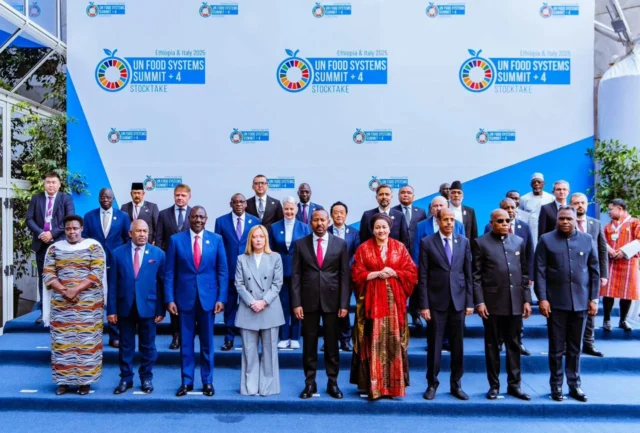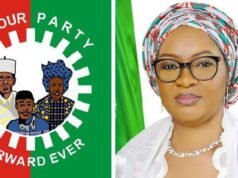At the 9th Tokyo International Conference on African Development (TICAD 9) in Yokohama, Japan, the global tech giant NEC Corporation signed a landmark Memorandum of Cooperation (MOC) with the United Nations World Food Programme (WFP). This agreement goes beyond a simple partnership; it is designed to strengthen Africa’s agricultural and health systems through the smart use of technology.
The timing could not be better. Africa faces rising food insecurity and overstretched health services due to population growth, climate change, and economic pressures. By pooling resources, NEC and WFP are pushing for solutions that are practical, inclusive, and sustainable.
NEC brings advanced digital expertise—from data analytics to artificial intelligence—while WFP contributes its extensive humanitarian network and operational experience. In 2024 alone, WFP provided food assistance to about 124 million people worldwide, making it one of the most critical players in food security. Together, the two organisations aim to deliver technology that directly benefits ordinary Africans, from smallholder farmers in rural Ethiopia to young mothers in Ghana.
The partnership also aligns with the United Nations Sustainable Development Goals (SDGs), particularly those linked to zero hunger, good health and well-being, and innovation. By focusing on Africa, both organisations recognise the continent’s potential to leapfrog traditional barriers through smart technology.
Table of Contents
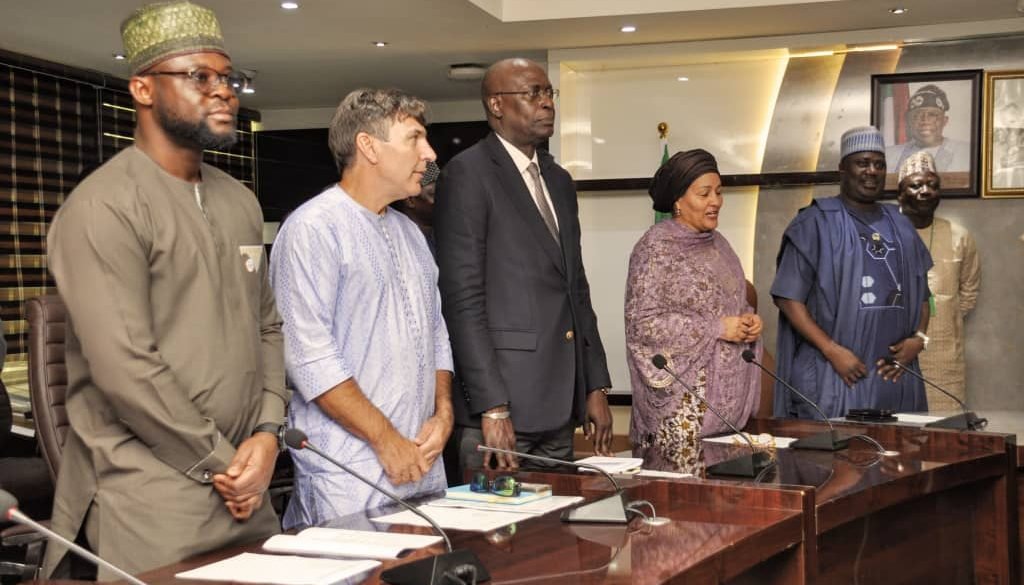
Smart Farming Gets Smarter with CropScope
One of the flagship projects under the NEC–WFP partnership is CropScope, NEC’s agricultural ICT platform. This tool already supports farming activities in countries like Ethiopia and Zambia, where farmers face unpredictable weather patterns, limited access to information, and low productivity.
CropScope provides real-time monitoring of farmland, using digital sensors and data analytics to give farmers practical advice on when to plant, irrigate, or harvest. Beyond the field, it allows governments, NGOs, and businesses to make better decisions about food supply chains, investment, and risk management.
With the new agreement, NEC and WFP will expand and refine CropScope. The upgraded platform is expected to cover more regions and offer advanced features like predictive modelling for climate resilience, smarter pest-control insights, and improved crop yield forecasting.
For African farmers, especially those working small plots of land, these tools could make the difference between surplus and scarcity. In regions prone to drought, being able to predict rainfall or manage water use more efficiently is a lifeline. CropScope is not just about technology—it is about protecting livelihoods.
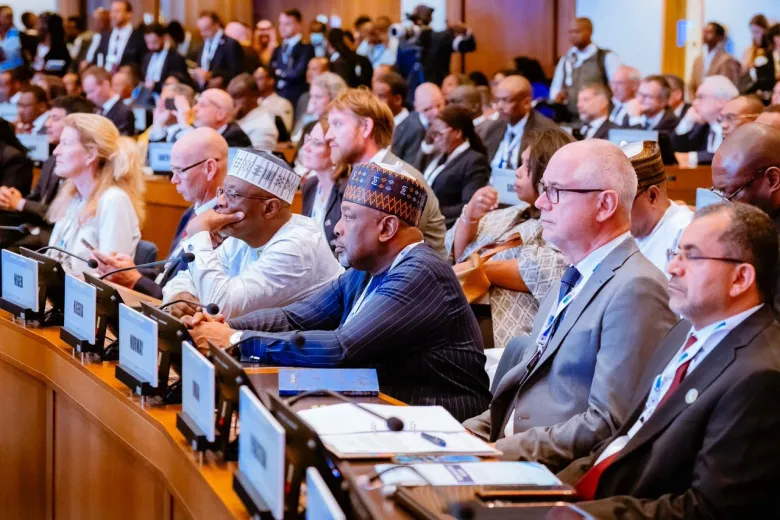
Digital Health: Strengthening Maternal and Child Care
The partnership is not limited to agriculture. NEC is also advancing digital health solutions that are tailored to African realities. A prime example is its mobile health-check application, which was piloted in Ghana to support maternal and child health.
In many African countries, access to health professionals and proper nutrition advice is a challenge, especially for women in rural areas. The app steps in to bridge this gap by providing:
- Remote health checkups using smartphones.
- Vital nutrition information for mothers and caregivers.
- Data for health workers to track and improve care delivery.
The pilot project has shown encouraging results, particularly in increasing awareness around child nutrition and improving early detection of health risks. With the WFP partnership, NEC will scale up the app across more African countries, enhance its features, and integrate it into larger healthcare systems.
This approach is significant because it recognises that technology alone is not enough. What matters is how digital solutions are embedded into communities, health structures, and cultural practices. A mother in northern Ghana using the app for prenatal advice is not just a statistic—she represents a broader shift in how technology can empower vulnerable populations.
Co-Creation for Africa’s Future
Leaders from both organisations have emphasised the collaborative spirit behind this initiative. Takayuki Morita, President and CEO of NEC, noted:
“We are pleased to strengthen our collaboration with WFP toward ensuring sustainable development in Africa. Through this MOC, we can further create social value by co-creating with WFP and leveraging our expertise in technology.”
The idea of co-creation runs throughout the partnership. Instead of imposing ready-made solutions, NEC and WFP are working to design systems that African communities can adopt and adapt. By involving local stakeholders—farmers’ groups, health workers, governments—the projects are more likely to succeed and endure.
During TICAD 9, NEC also showcased these initiatives at the TICAD Business Expo and Conference and the Japan Fair. These platforms allowed governments, businesses, and development agencies to see firsthand how NEC’s technologies could be deployed across Africa. The message was clear: Africa is not a testing ground; it is a partner in innovation.
The benefits of this collaboration extend beyond agriculture and health. Stronger food systems mean greater stability in markets. Improved maternal and child health strengthens the workforce and reduces long-term costs for governments. In the bigger picture, initiatives like these help build resilience against shocks such as pandemics, conflicts, and climate disasters.
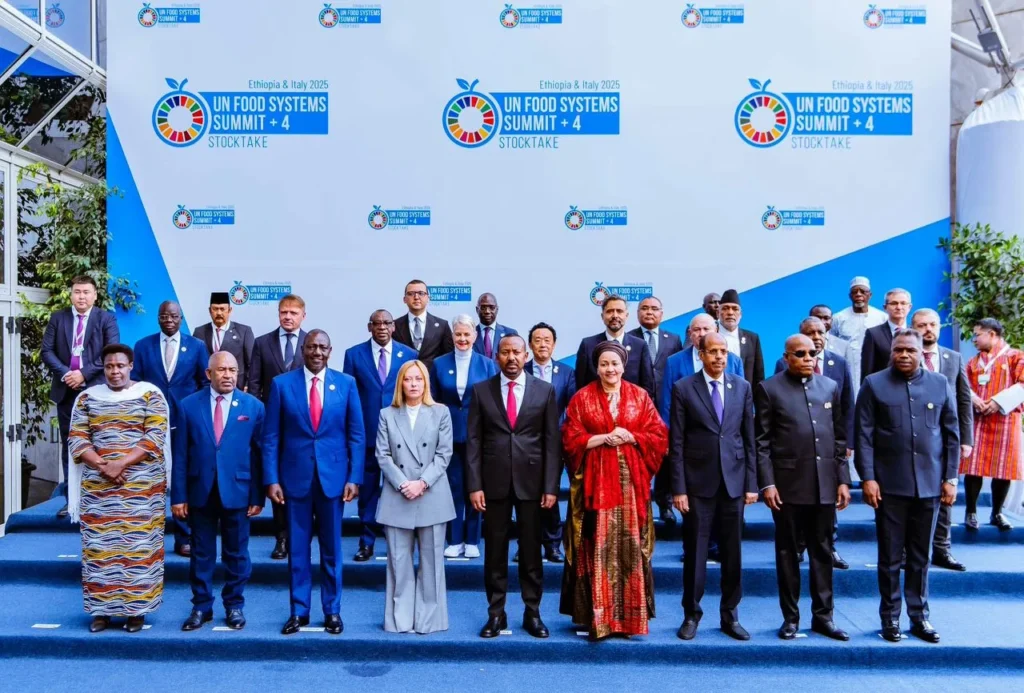
Why This Matters
The NEC–WFP partnership marks a turning point in how Africa can use technology to tackle urgent development challenges. It shows that the solutions to hunger and weak healthcare are not only about aid but about innovation, data, and smart systems that empower communities.
For Africa, the opportunity is enormous. With a young population, a growing digital culture, and a strong entrepreneurial spirit, the continent is well placed to adopt and benefit from these technologies. If implemented with care and inclusivity, the collaboration could transform the daily realities of millions—from smallholder farmers struggling with erratic rains to mothers trying to keep their children healthy.
By optimising this article with the focus key phrase “NEC and UN Agency Partner to Boost Food and Health Tech in Africa”, the aim is to ensure visibility while highlighting the partnership’s human impact. In the end, this is not just about technology—it is about dignity, resilience, and the promise of a healthier, more food-secure Africa.
Join Our Social Media Channels:
WhatsApp: NaijaEyes
Facebook: NaijaEyes
Twitter: NaijaEyes
Instagram: NaijaEyes
TikTok: NaijaEyes


